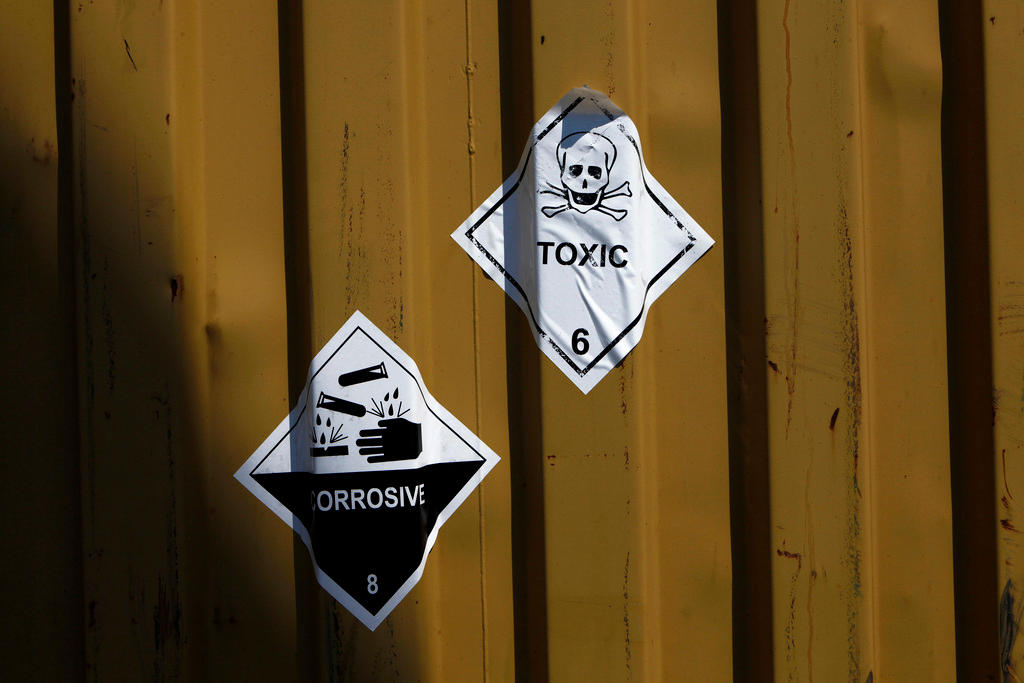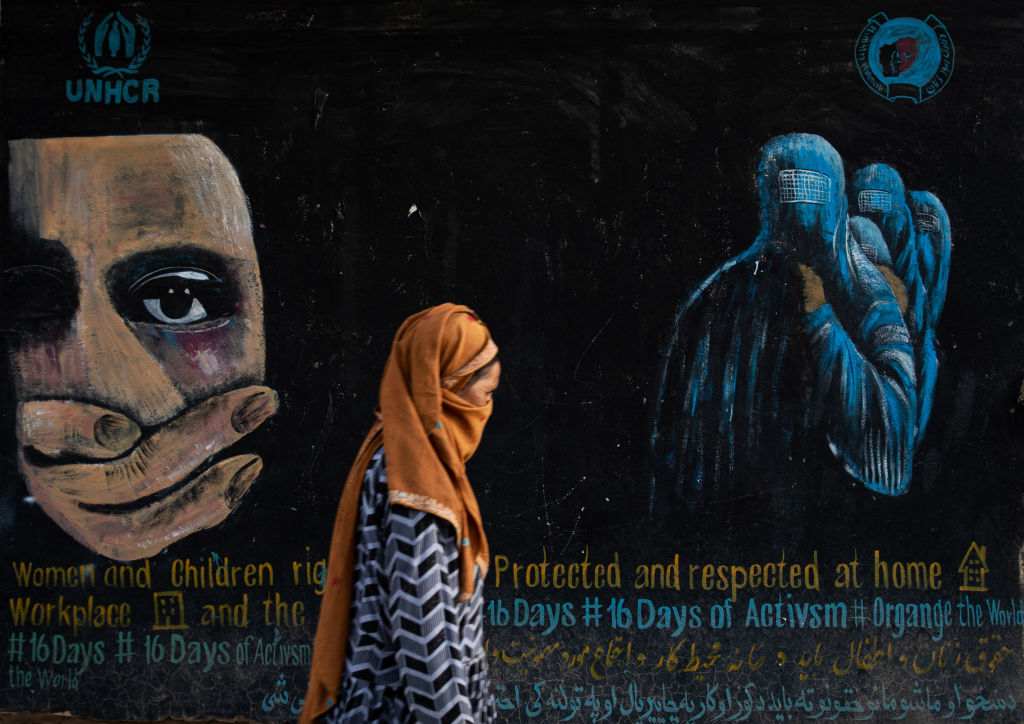
Switzerland tightens controls on chemical exports to Syria

Switzerland is making the export of chemicals to Syria — where the government has allegedly used chemical weapons against its people multiple times — subject to a licensing requirement.
The Swiss government announced the decision on Friday, only weeks after a report by Swiss public television, RTS, revealed that Switzerland had authorised the export to Syria of five metric tons of chemical isopropanol in 2014.
+ Swiss authorities allowed isopropanol exports to Syria
The chemical can be used to make sarin gas, a deadly nerve agent.
The Federal Council now wants all deliveries of goods to Syria that could be diverted from their legitimate use to manufacture chemical warfare agents to be subject to authorisation. The European Union already restricts exports of this type.
The sale, delivery, export and transit of certain chemical products (including isopropanol), materials and other goods destined for Syria or intended for use in Syria must now be authorised by the State Secretariat for Economic Affairs (SECO).External link
SECO may give the green light only after consulting the foreign affairs ministryExternal link and the defence ministry. Services related to such goods, including financing, are also subject to authorisation.
In the wake of a chemical attack near Damascus in August 2013 that killed hundreds of people, the United States came close to launching military strikes against the government of President Bashar al-Assad. Instead a deal was made to destroy the country’s stockpile by mid-2014.
There are concerns that Syria did not declareExternal link all of its arsenal.
ats-swissinfo.ch/dsg

More
Is Syria chairing the Conference on Disarmament a UN fail?

In compliance with the JTI standards
More: SWI swissinfo.ch certified by the Journalism Trust Initiative















![The four-metre-long painting "Sonntag der Bergbauern" [Sunday of the Mountain Farmers, 1923-24/26] had to be removed by a crane from the German Chancellery in Berlin for the exhibition in Bern.](https://www.swissinfo.ch/content/wp-content/uploads/sites/13/2025/12/01_Pressebild_KirchnerxKirchner.jpg?ver=a45b19f3)













You can find an overview of ongoing debates with our journalists here . Please join us!
If you want to start a conversation about a topic raised in this article or want to report factual errors, email us at english@swissinfo.ch.